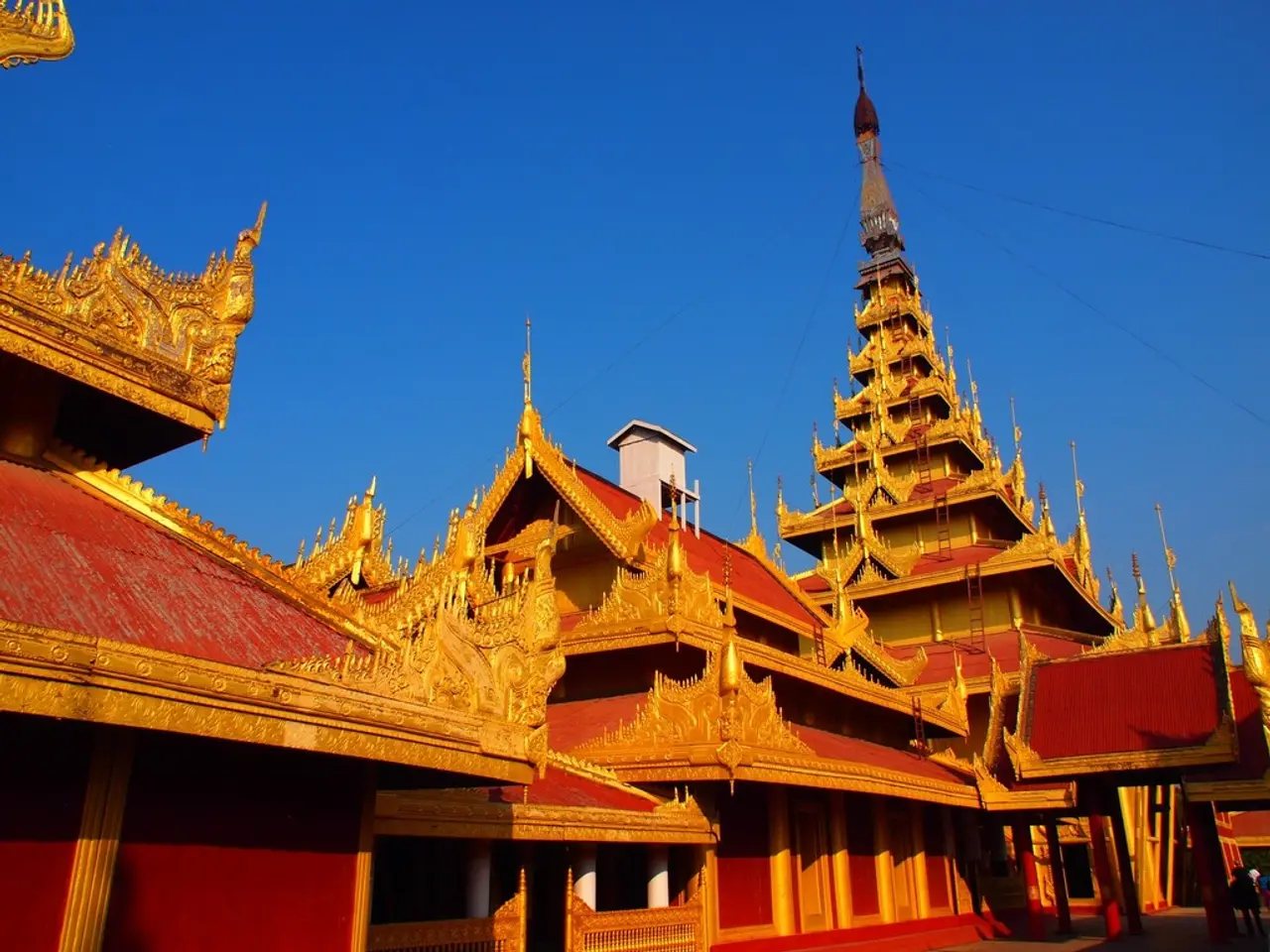Pakistani Prime Minister embraces reintegration of mutual mechanisms with Bangladesh, emphasizing the importance of continuing the momentum
In a significant development, Pakistani Prime Minister Shehbaz Sharif met with Md. Iqbal Hussain Khan, the High Commissioner of Bangladesh, in Islamabad on Friday. The meeting marked an unprecedented attempt at rebuilding ties between the two countries, more than half a century after Bangladesh's independence.
During the meeting, the High Commissioner briefed Sharif on the steps being taken to facilitate travel, trade, and connectivity between Pakistan and Bangladesh. The High Commissioner's assignment is significant in the context of the revival of various bilateral mechanisms between the two countries.
Sharif expressed satisfaction at the revival of various bilateral mechanisms and expressed a desire to enhance trade and people-to-people contacts. He also recalled his warm and productive interactions with Bangladesh's Chief Adviser Mohammad Yunus.
The High Commissioner expressed his desire to continue working to "further strengthen the historic bonds of friendship" between the two countries. Sharif wished the High Commissioner success in his assignment.
Since 2024, the relationship between Pakistan and Bangladesh has significantly improved, marked by renewed diplomatic engagement, increased trade, and expanding cooperation across multiple sectors. Trade growth has been a key focus, with bilateral trade increasing by 20% in the 2024-25 fiscal year, rising from approximately USD 712 million to USD 865 million. Direct sea trade restarted in November 2024, with concrete agreements like the rice procurement MoU signed early 2025.
Diplomatic engagements have also been a significant part of the improved relationship. Multiple high-level visits and meetings since late 2024 have emphasized rebuilding trust and cooperation, including Pakistan’s Interior Minister visiting Dhaka and agreements to ease official travel.
Beyond trade and diplomacy, both countries are exploring partnerships in education, health, agriculture, energy, tourism, culture, and disaster management. The outreach reflects an attempt to redefine relations beyond the traditional mistrust and India's influence.
However, challenges remain due to the unresolved legacy of the 1971 liberation war, strong public sentiments in Bangladesh demanding a formal apology from Pakistan, and regional geopolitical complexities. The current momentum suggests both Pakistan and Bangladesh are keen to pursue development, strategic autonomy, and enhanced connectivity, cautiously balancing historical grievances with contemporary geopolitical realities.
The meeting with the High Commissioner comes amid a realignment in South Asia's geopolitics. Sharif emphasized the importance of maintaining this momentum to further their bilateral ties. The Prime Minister expressed confidence that the High Commissioner's tenure would "witness positive developments" in the bilateral relationship.
- The discussion between Shehbaz Sharif and Iqbal Hussain Khan also incorporated topics related to art and culture, as the Prime Minister expressed a desire to expand people-to-people contacts.
- In addition to travel and trade, the two leaders also discussed the need to collaborate in areas such as education, health, agriculture, energy, and tourism, as part of an effort to broaden their bilateral relationship.
- The news about the significant improvement in Pakistan-Bangladesh relations has generated general interest and discussions in both countries, with war-and-conflicts and migration taking a backseat in the broader context of this development.
- As the political leaders work towards strengthening ties, they are also mindful of the historical complexities, understanding that resolving the unfinished business of the 1971 liberation war will be crucial for maintaining a stable and productive relationship in the future.






